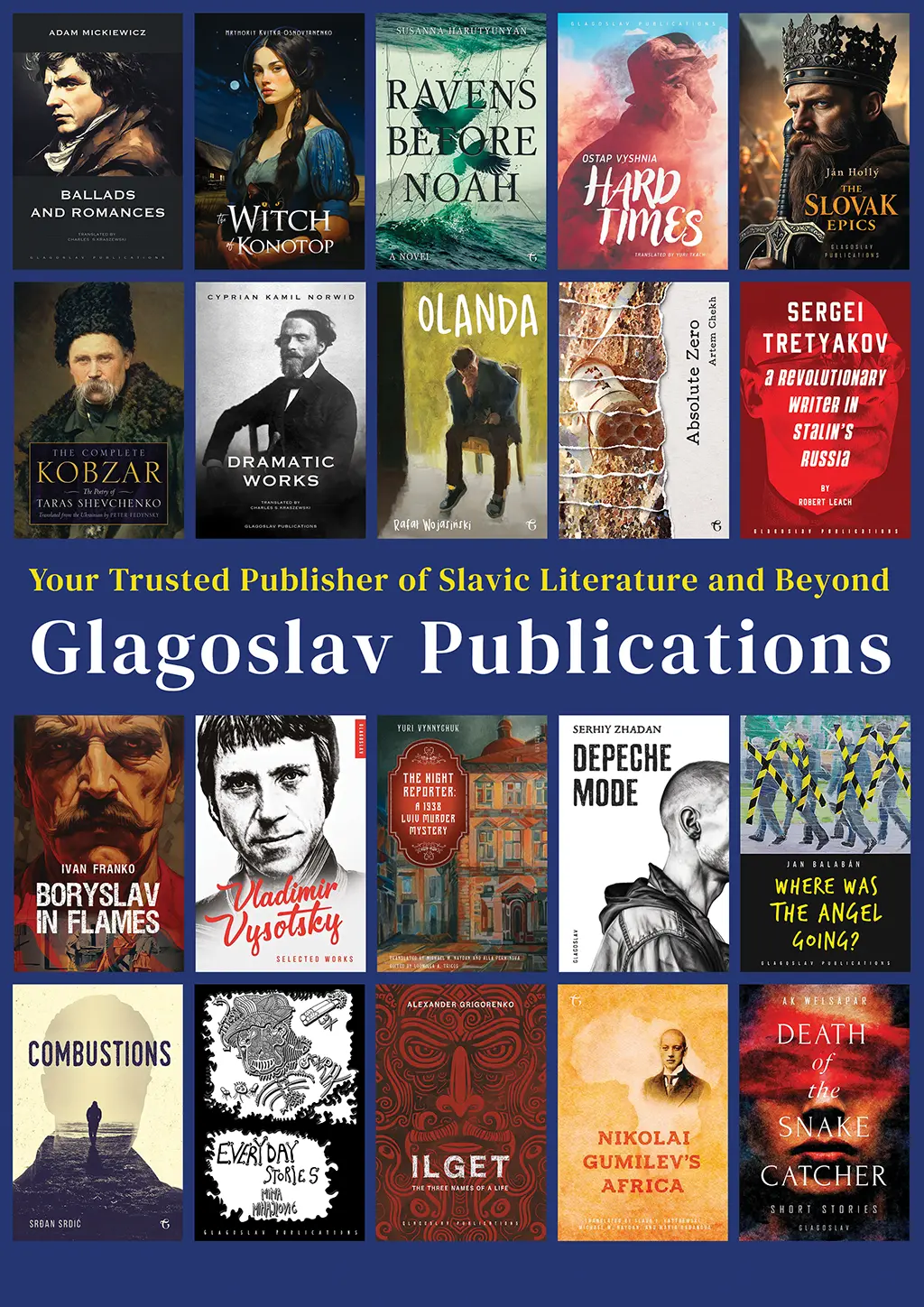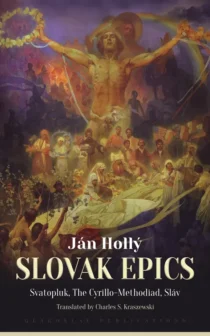Ján Hollý
Ján Hollý (1785–1849) is one of the greatest writers of the Slovak národné obrodenie [national revival] of the nineteenth century. As a poet and translator, he is the most renowned author of the early period of Bernolákovčina — that codification of the modern literary language of the Slovaks, based on the western dialects of the nation worked up by Anton Bernolák. Although the language would shortly gravitate toward the central dialects, as established by those grouped around Ľudovít Štúr, Hollý continued to be revered by all Slovaks, a process which began during his lifetime. Hollý’s first great work was a complete translation of Virgil’s Aeneid (1828), which he composed following his first venture into translating the classics (Various Heroic, Elegiac, and Lyrical Poems, 1824), which groups together his Slovak versions of Ovid, Theocritus, Homer, Horace, and other Greek and Latin poets. The great Slovak epics — arguably his most important contribution to Slovak literature — are Svatopluk (1833), The Cyrillo-Methodiad (1835), and Sláv (1839). Both of the first are based on episodes from the early mediaeval period of his nation, while the last is a foray into the mythical regions of ancient Slavdom. His later lyric poetry includes idylls and hymns (Hollý was a Catholic priest). While much of his work was composed along neoclassical lines, his importance for the ideological development of Slovakia as an ethnically-based nationality, and his forays into the then-popular currents of Pan-Slavism, place him eminently amongst the great European Romantics.
Showing the single result
-
The Slovak Epics
Price range: €12.95 through €32.99 Select options This product has multiple variants. The options may be chosen on the product page

